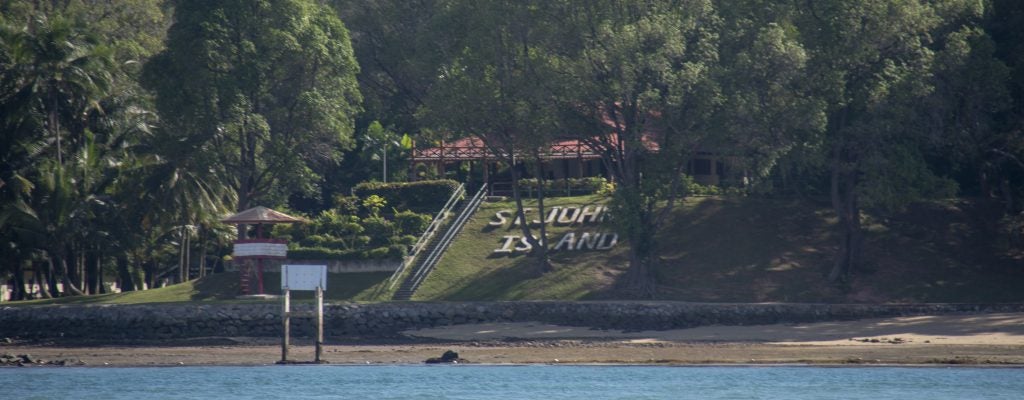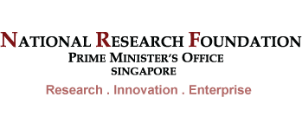[Exhibition] prep-room DRILLS: Sites, Stories and Subsequence
Where: NUS Museum, 50 Kent Ridge Crescent, Singapore 119279 When: From now until December 2019 Sites, Stories and Subsequence is a prep-room project with Asia Research Institute that excavates, assembles and envisages the complex physical […]
[Exhibition] prep-room DRILLS: Sites, Stories and Subsequence Read More »



